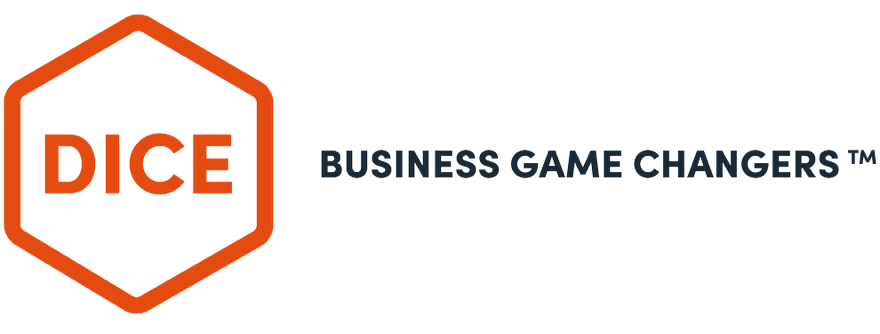Call us on: 01244 478692
Whose job is it anyway?
This is a story about four people named Everybody, Somebody, Anybody and Nobody. There was an important job to be done and Everybody was sure that Somebody would do it. Anybody could have done it, but Nobody did it. Somebody got angry about that because it was Everybody’s job. Everybody thought Anybody could do it, but Nobody realised that Everybody wouldn’t do it. It ended up that Everybody blamed Somebody when Nobody did what Anybody could have done.
Sound familiar? Basically, no-one took responsibility, so nothing got done. It’s a story that plays out time and time again in businesses where there is a culture lacking accountability.
Getting people to take responsibility for their work is one of the most effective ways you can accelerate growth and achieve more results. But how do you go about doing that?
One of the things we do when we start working with a client who has this issue is to review the main business areas and tasks to find out ‘whose job is it anyway?’.
We explore all ‘back-office’ functions such as HR, IT, Finance, Compliance. Then there is the day-to-day business of operations management, sales, marketing, and customer feedback – everything that is generating today’s revenue. We then explore everything that is helping your business to grow in the future such as your strategy, vision, senior team skills, etc.
We typically sit with the senior team and ask them to put the name of the person in the organisation who is ultimately responsible for that function. It can only come back to one person – not a team or an individual. This is such an eye-opening exercise, particularly in an SME, because inevitably what happens is that the business owner’s name will be assigned to most of the tasks and there will be a difficulty assigning just one name to most of the areas and tasks because they are shared by more than one person.
Doing this exercise creates what we call an ‘a-ha’ moment where it becomes clear where people are doubling up on tasks and where there are obvious gaps. It also opens the business owner eyes to where they are spending most of their time and why they might be feeling like they are the proverbial busy fool!
Doing this exercise with a senior team can help them to realise why things have been stagnating or how they can unblock certain areas of frustration. Letting go of responsibility can feel scary for some and this is where the culture of the organisation has a big part to play. Creating a culture of accountability and ownership doesn’t happen overnight but there are some steps that we have proven to be effective with our clients, which are:
- Set targets – make each task measurable and give people a clear target and timeline to achieve it.
- Clear communication – don’t assume people know what to do or when to do it. Before people can take responsibility, they need to understand exactly what they need to do.
- Provide support – make sure everyone has the resources they need to be successful in what needs to be done – particularly when they are faced with something they haven’t done before.
- Follow-up – help people stay focused by providing regular check-in points. One of the main reasons why targets get missed is because there is a lack of follow-up. When people know there are regular check-ins they’re less likely to procrastinate and miss their targets.
- Encourage openness – if people are falling behind then they need to be comfortable to share why. Create a culture of honesty so that people can share their challenges and support one another to come up with solutions.
Remember, as business leaders you ultimately cast a shadow and are a role model to the rest of the business. So, to avoid having your team become Everybody, Somebody, Anybody and Nobody, it starts with you committing to becoming the kind of leader who takes responsibility for your own life and leadership.
If this resonates with you and you’d like some help with driving greater accountability in your business, we can help!




